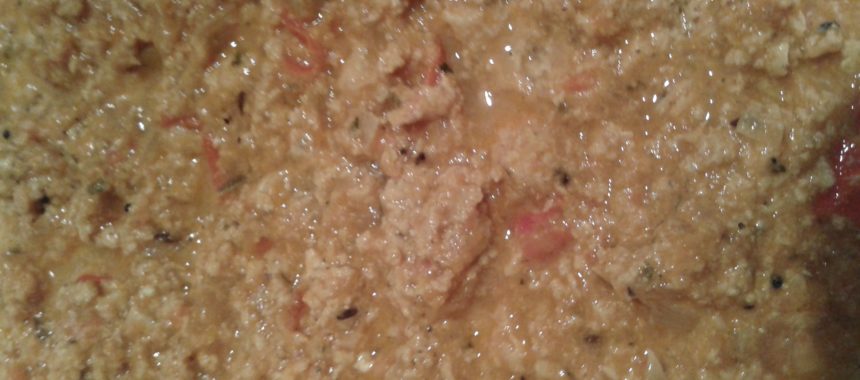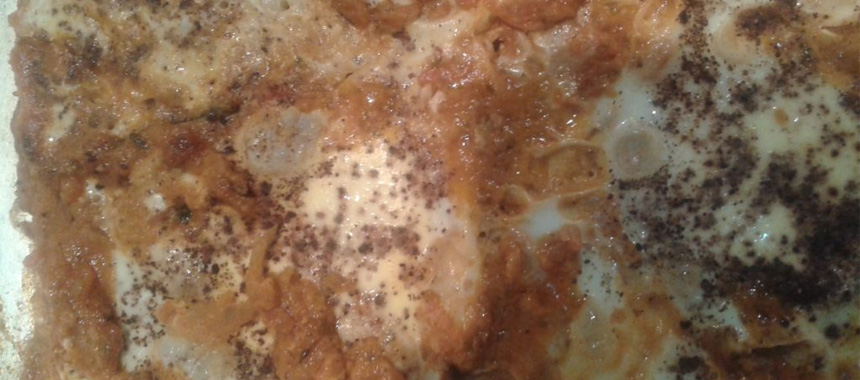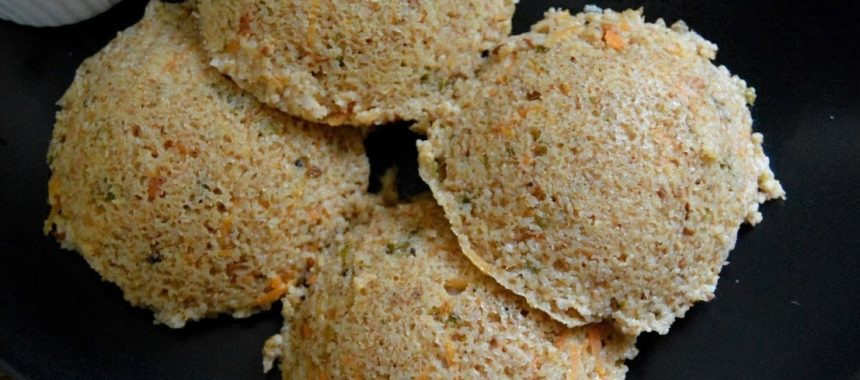The word fertility is synonymous with successful conception. Among the primitive people some precautions had be taken to conceive. In pregnancy there is an increased need for all nutrients compared with non-pregnant women.
The most important event in a woman’s life is her first pregnancy and confinement. Even so, it is more important to maintain perfect health to bring forth a healthy baby, into this world. 21 to 35 years is the correct age for the period to become pregnant. During this period only the ovum from ovaries is released regularly with more power to fuse with sperm. Certain changes occur in the body to meet the demands of the growing of off-spring in the womb. The womb becomes bigger, the breast develops and more blood and oxygen are sent to the womb for nourishment of the baby.
Nutrition is the most important one because the baby is totally parasite on the mother. The baby takes all it requirements from mother. So if there is reduced amount of nutrients then baby drives it from embanked of mother’s body. After these stores are depleted, the baby starts suffering and showing growth retardation. Hence a healthy diet preserves the mother’s body stores for any emergency. From mother it takes particularly iron, calcium and vitamin. Iron is required more, as mother’s blood increases and to form baby’s blood also. Calcium is required to form baby’s bones. A healthy weight gains one kilogram per month ensures the nutrition in adequate amount. Proper food should be supplied in sufficient quantities to develop different organs of the baby. Here nutrition plays an important role to bring up the off-spring in the womb of the mother. “Balanced diet” is needed to meet this requirement. It contains nothing but different types of foods in such quantities and proportions that the need for calories, minerals, vitamins and other nutrient which are adequately met and a small provision is made for extra nutrients to withstand for short duration of illness.
Maternal nutrition:
Nutrition of women during pregnancy shows a definite relationship between diet of mother and condition of baby at birth. Maternal nutrition has a well established to influence on the nutrition and consequent growth and development of the off-spring. There is evidence that malnutrition during prenatal and postnatal life retards its physical, mental and intellectual development. Slow and study weight gain is considered to be a healthy sign of pregnancy. The pregnant women can weigh not more than 10kg of her normal weight. Weight gain of 9 to 10kg (24 to 28 pounds) during pregnancy has proved a reasonable mean range. Over weight may strain circulatory system greatly. So it is safe to maintain the weight gain upto 12kgs.
Normal well to do women are found to have good weight gain during pregnancy and lower pre-maturity rate. Woman with height of more than 140cm and weight of 45kg or more are found to have good weight gain and infant with good birth weight. Obese and excessively under weight mothers have an increased hazard of toxemia.
Requirement of nutrients for a Pregnant lady:
| Nutrients | Allowance recommended by ICMR |
|---|---|
| Calories | 3300kcal |
| Proteins | 55 gm |
| Calcium | 1.0 – 1.2gm |
| Iron | 40 mg |
| Retinol | 750μg |
| carotene | 3000μg |
| Thiamine | 1.7mg> |
| Riboflavin | 1.9mg |
| Nicotinic acid> | 22mg |
| Ascorbic acid | 50mg |
| Folic acid | 300μg |
| Vitamin-B12 | 1.5μg |
| Vitamin-D | 200 I.U |
The requirement of various nutrients during pregnancy is discussed briefly in the following passages.
Maternal diet rich in fluid, especially milk and fruit juices enhances milk secretion during breast feeding later on and no food should be with held from the mother diet unless it causes distress to the infants.
Calories:
The total calories cost of supplying and maintaining the foetus has been estimated to be about 3,000kcals. Since the greater part of it is required mostly during the second and third trimesters and additional requirements works out to 300kcal per day.
Calorie requirement are:
30kcal per kg of body weight for a woman of normal weight (BMI 25).
24kcal per kg for woman of over weight (BMI 25-30).
52 to 65kcal per kg for under weight woman.
Protein:
Available evidence would indicate about 910gm of protein are deposited in the foetus and maternal tissues during pregnancy. The average daily increment is estimated to be about 5gm (as tissue protein). During the last six month of pregnancy, this works out to 10gm additional protein to the normal values per day. Protein deficiency in the diet leads to decrease in the blood proteins and causes swelling of legs, anaemia and toxaemia.
Calcium:
In pregnancy, there is great demand for lime salt that is calcium, for building the foetus skeleton and teeth. It has been estimated that about 30gm of calcium is deposited in the foetus during pregnancy. The amount required by foetus is obtained from mother’s store in the skeleton. The normal daily requirement of a woman alone at child bearing age is 800mg to 1200mg. The additional requirement of calcium has been worked out to about 150mg per day during the period last of sixth month of pregnancy. Since dietary calcium is utilized to the extent of about 25% in pregnancy, the additional requirement works out about to 600mg.
The calcium content of food such as butter milk, fermented batter of idli, khaman, dhokla etc and sambar can be increased by adding slaked lime. Slaked lime is alkaline and its addition to the food results in loss of more than 50% of thiamine and riboflavin, which are destroyed in alkaline medium. By adding lime to acid food, the calcium content of foods can be increased with out incurring vitamin losses.
Phosphorous:
Phosphorous too is needed along with calcium to meet the need of the foetus requirement during pregnancy. It is also essential to build up its skeletal system and teeth of off-spring in womb. The foetus at birth contains about 18gm of phosphorous and this is chiefly laid down in the last three month.
Iron:
Iron is essential to prevent anaemia. Even normal balanced diet does not provide the required amount of iron during pregnancy. So it must be supplemented with iron tablets.
Vitamin-A:
The quantity estimated in the liver of infant is about 5400 to 7200μg of retinol and this works out to about 25 to 35μg additionally per day. The ICMR nutrition expert group did not recommended additional allowance for vitamin-A.
The extra calorie allowance of 330kcal per day for pregnant women needs an increase in the requirement of these vitamins.
Fibre in diet:
Pregnancy is rendered more difficult in the case of habitual constipation. Latter on it is aggravated by the pressure of enlarged uterus on the bowel. This can be prevented by taking plenty of fresh fruits and vegetables of high fibre content. Avoid sifting of wheat flour is very good for health. It adds bulk to food and prevents constipation with more protein. In addition the husk of whole pulses promotes peristalsis movement and prevents constipation.
The expectant mother should drink eight to ten glass of water per day. Pregnant ladies occasionally suffer from a burning sensation in the stomach and throat, when too much of chillie is added to food. So, avoiding chillie reduces it. It is advisable to take less salt when swelling is found in feet and hand.
Balanced diet:
| Food item | Sedentary worker | Moderate worker | Heavy worker | |||
|---|---|---|---|---|---|---|
| Vege | Non-vege | Vege | Non-vege | Vege | Non-vege | |
| Cereals | 350 | 350 | 400 | 400 | 525 | 525 |
| Pulses | 70 | 55 | 80 | 65 | 80 | 65 |
| Greens | 150 | 150 | 150 | 150 | 150 | 150 |
| Vegetables | 75 | 75 | 75 | 75 | 100 | 100 |
| Rooted & tubles | 50 | 50 | 75 | 75 | 100 | 100 |
| Fruits | 30 | 30 | 30 | 30 | 30 | 30 |
| Meat/fish | — | 30 | — | 30 | — | 30 |
| Eggs | — | 30 | — | 30 | — | 30 |
| Sugar | 40 | 40 | 40 | 40 | 50 | 50 |
| Milk | 325 | 225 | 325 | 225 | 325 | 225 |
| Fat and oil | 30 | 35 | 35 | 40 | 40 | 45 |
Daily sample menu for pregnant woman (middle income group) doing moderate work:
| Time | Vegetarian |
|---|---|
| 6.00 a.m | coffee / tea – 1cup with 2tsp of sugar |
| 8 a.m | Cereal preparation – 3 to 4 servings (or) Idli – 4 or dosai – 3 |
| 10 a.m | fruit juice – 1glass with 2tsp of sugar (or) Tea – 1 cup or ragi porridge – 1cup |
| 12 Noon | Rice – 3cups (125gm of raw rice), Dhal, sambar, rasam – daily, Green vegetables- ½ cup, Other vegetables – ¾cup or vegetable salad, Curds – ½cup or butter milk – 1cup |
| 3 p.m | Tea or coffee -1cup |
| 7 p.m | Rice – 2cups (raw rice – 100gm) (or) Chappathi – 4, Vegetables – 1cup |
| 9.00 p.m | Prunes or other fruits as desserts – ¾cup |
| 9.30 p.m | Milk – 1cup with 2tsp of sugar |
Nutritive value:
Carbohydrate – 655× 4 = 2620
Protein – 70 × 4 = 280
Fat – 35 × 9 = 315
Total = 3215 kcals
Calcuim – 0.7gm
Iron – 43mg





